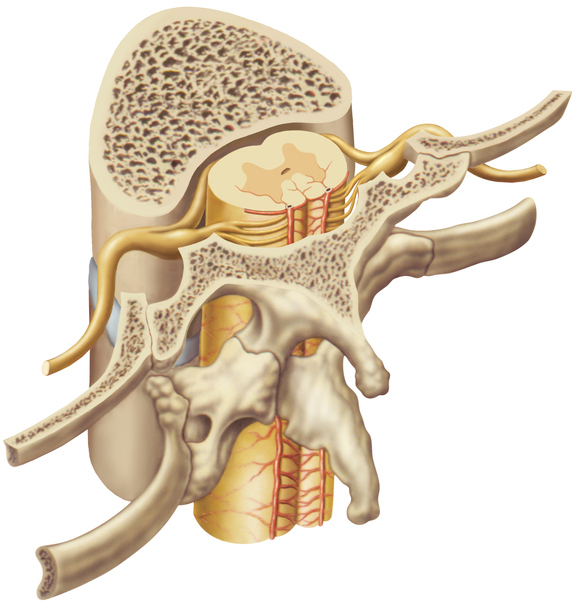Bone Marrow Transplant
A bone marrow transplant is a medical procedure performed to replace bone marrow that has been damaged or destroyed by chemotherapy, infection or disease. A bone marrow transplant replaces your damaged stem cells with healthy cells. This helps your body make enough red blood cells, platelets and / or white blood cells to avoid infections, bleeding disorders, or anemia. Healthy stem cells can come from a donor, or they can come from your own body. Some reasons for a bone marrow transplant include:
- aplastic anemia, which is a disorder in which the marrow stops making new blood cells
- cancers that affect the marrow, such as leukemia, lymphoma, and multiple myeloma
- damaged bone marrow due to chemotherapy
- congenital neutropenia, which is an inherited disorder that causes recurring infections
- sickle cell anemia, which is an inherited blood disorder that causes misshapen red blood cells
- thalassemia, which is an inherited blood disorder where the body makes an abnormal form of hemoglobin, an integral part of red blood cells
Types of Bone Marrow Transplant
- Autologous Transplants
- Allogeneic Transplants


